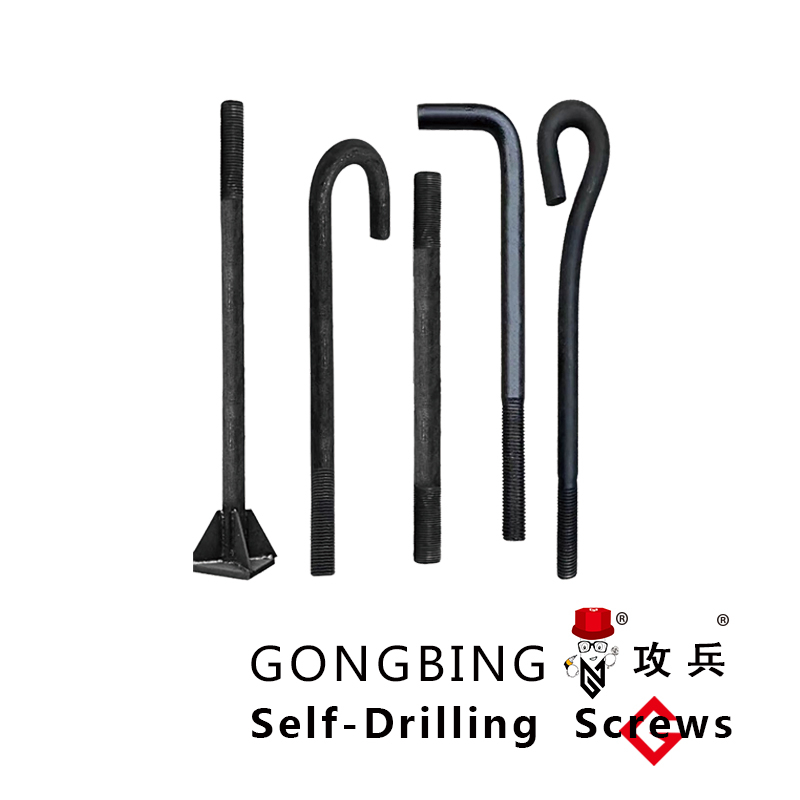construction bolt
The Importance of Construction Bolts in Modern Engineering
In the realm of construction and engineering, few components play as crucial a role as bolts. Among the various types available, construction bolts stand out due to their unique specifications and applications. These fasteners are essential for ensuring the stability and integrity of structures, emphasizing their significance in modern building practices.
Construction bolts are designed to withstand significant loads and stresses, making them suitable for a wide range of applications. Commonly made from high-strength materials such as steel, these bolts can endure immense pressure and tension, ensuring that structures remain secure over time. Construction bolts differ from standard bolts in terms of size, shape, and strength, often featuring larger diameters and tougher finishes to accommodate the demanding environments of construction sites.
One of the most important characteristics of construction bolts is their ability to resist various forces. In civil engineering projects such as bridges, skyscrapers, and highways, bolts provide critical connections between different structural elements. They help hold together steel beams, connect girders, and secure various components, playing a vital role in distributing loads evenly and preventing structural failure. Therefore, selecting the right type of bolt is essential for maintaining the safety and longevity of the structure.
construction bolt

Additionally, construction bolts are tailored to meet specific requirements dictated by environmental conditions. For example, in coastal areas, corrosion-resistant bolts are crucial due to the saline atmosphere. Similarly, in seismic zones, engineers often opt for specially designed bolts that can absorb and dissipate the energy generated by earthquakes, thereby enhancing the resilience of the structure. The choice of materials and coatings can significantly influence the durability of construction bolts, making it imperative for engineers to consider these factors during the design phase.
Furthermore, the installation process for construction bolts requires considerable skill and precision. Proper torque settings, alignment, and the use of appropriate tools are all critical to ensure that the bolts function as intended. An improperly installed bolt can lead to loose connections, which may compromise the overall safety of a structure. This meticulous attention to detail during installation cannot be overstated, as it directly impacts the performance and reliability of the constructed facilities.
Moreover, maintenance plays a vital role in the longevity of construction bolts. Regular inspections are necessary to identify signs of wear or corrosion, especially in structures exposed to harsh weather conditions or chemical substances. By addressing these issues promptly, engineers can prevent potential failures and prolong the service life of the structure.
In conclusion, construction bolts are integral components of modern engineering, ensuring the safety and stability of various structures. Their unique properties and diverse applications highlight the importance of selecting the appropriate type for each project. As technology advances, innovations in bolt design and materials are likely to improve their performance further, paving the way for safer and more resilient constructions. The engineering and construction industries must continue to prioritize the quality and installation of these crucial fasteners, ultimately contributing to the creation of robust and enduring infrastructure.
-
Wedge Anchor Bolts: Secure Fastening SolutionsNûçeAug.05,2025
-
Insulation Fixings: Secure and Durable SolutionsNûçeAug.05,2025
-
Full Threaded Studs: Versatile Fastening SolutionsNûçeAug.05,2025
-
Expanding Fasteners: Secure and Reliable SolutionsNûçeAug.05,2025
-
Butterfly Toggle Anchors: Secure and Easy to UseNûçeAug.05,2025
-
Bracing Solutions for Steel StructuresNûçeAug.05,2025
